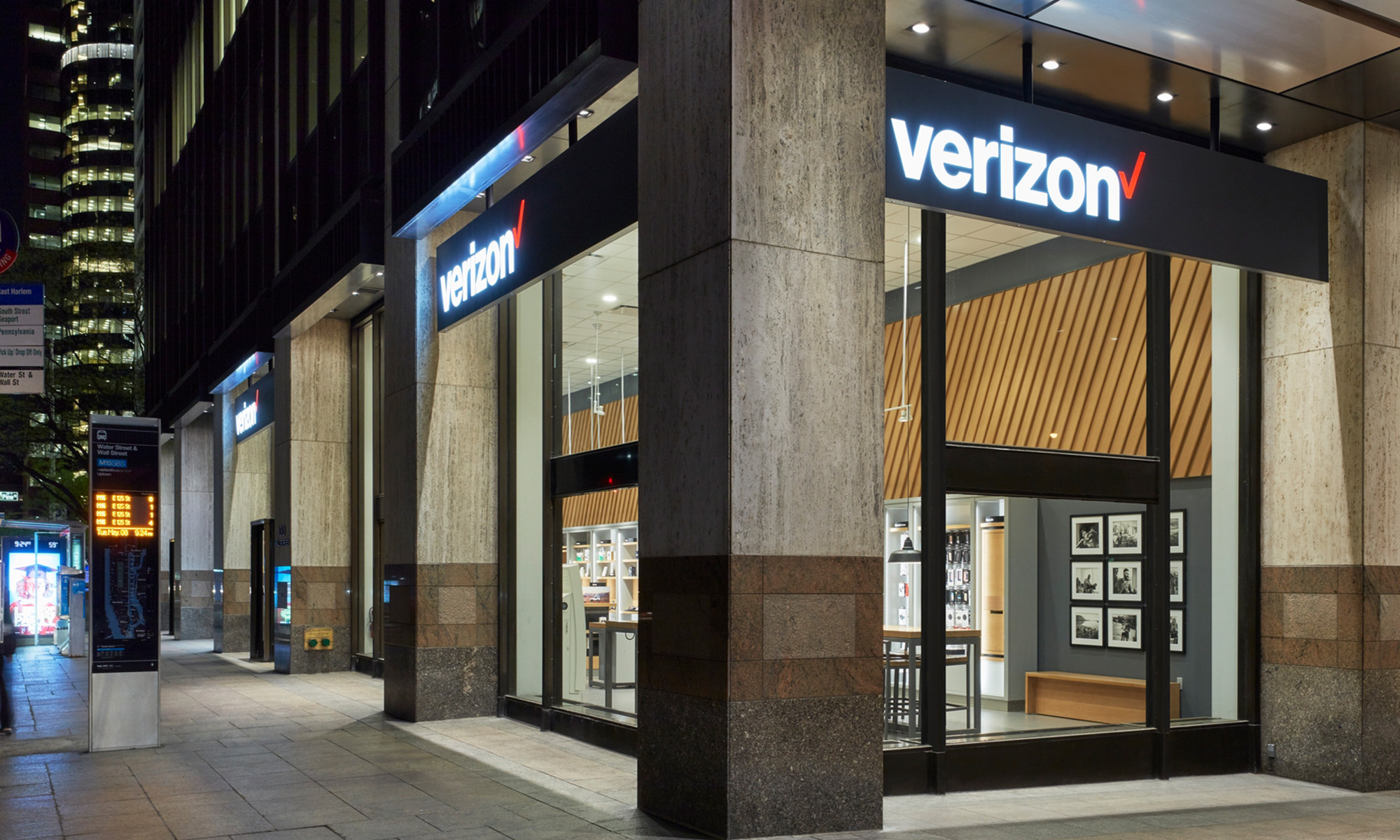Along with AT&T, Verizon (VZ 1.05%) sits on top of the U.S. wireless market.
The company posted impressive results in the fourth quarter of 2014, adding 2.1 million net retail connections with 2 million of those being postpaid customers. That brought the company to 108.2 million retail connections at the end of the year, with 102.1 million being retail postpaid connections. That is a 5.5% increase year-over-year.
Those numbers are very impressive given the aggressive pricing strategies being used by the No. 3 and No. 4 wireless companies, Sprint and T-Mobile. Verizon has largely held the line on pricing and has still grown year-over-year.
That might change soon -- and not just because of competition from traditional carriers -- according to company CFO Fran Shammo, who said cancellations could increase in 2015 during his address at the Deutsche Bank 2015 Media, Internet, & Telecom Conference on March 10th.

Shammo has been CFO since 2010. Source: Verizon
This has nothing to do with the price war
Shammo opened his speech by explaining that he does not think pricing is as big an issue as the media plays it up to be. He acknowledged that the industry had a volatile year with "over 90 price moves last year compared to maybe 20 the previous year," but he mostly dismissed them as positioning among competitors.
"I think the press makes this price war out to be a lot more than it is, because what people don't realize is really all that has happened is there has been a shift between service revenue to equipment revenue," he said. "So it is just a repositioning of how the customer pays for certain things."
He sees most of the pricing moves as being about the transition from phone subsidies to people paying full price for devices on installment plans.
"There is no more subsidy so you are paying full value, $750 for an Apple phone where you used to be able to get one for $199 but pay more in service," he said.
Cable companies could be a threat
One of the recent developments in the wireless space has been Cablevision and Google announcing wireless services which will work primarily over Wi-Fi. Shammo acknowledged that this type of service was coming but downplayed the risk to Verizon for technological reasons.
"Technologically, it is not a seamless flow of going between Wi-Fi and LTE," he said. "Yes, technologically, it can be done, but it is not the quality of service that most of our wireless customers would like."
He also explained that the quality of Wi-Fi-based service degrades as more people are using it in a particular spot.
"We don't believe that Wi-Fi is a replacement for LTE. Wi-Fi has always been a complementary type technology to LTE," Shammo added.
Competition is out there
While Shammo downplayed the risk of Wi-Fi based competitors, he admitted that the competition from the other three major U.S. wireless providers could cause problems. He believes his company has the strongest network (citing a recent RootMetrics survey to back that up) but expressed concern about the public's inability to process that information, which he suggested could benefit the competition.
"There's a lot of confusion in the consumer base about what does the strongest signal mean, what does the fastest mean, what does this mean, what does that mean," he said.
Partly because of that, he does expect to see cancellations increase in early 2015.
"On churn, look, fourth quarter was an extremely high volume quarter. You're not going to see that volume come through. We are going to go back to a normal volume quarter in the first quarter here, and I would just say you are going to see churn elevated from a year ago but not something that's going to be concerning."
Shammo is really confident
One thing that came through during the entire presentation is that despite an increasingly competitive landscape, Shammo remains very confident in Verizon's ability to continue to grow, and not just in traditional areas.
"There's just enormous opportunity for growth for the industry," he said, pointing out opportunities in the Internet of Things, connected cars, and other areas. "If you go to a consumer electronics show, every piece of electronic equipment that's being developed has some type of an LTE chip embedded in it."
Shammo closed by saying those new opportunities in the industry would benefit all four major carriers but Verizon the most.
"[As] the pie expands, there's enough pie for all four carriers to expand within that pie, but again for Verizon, it's going to be around the quality of the experience and quality of the network, and I think we've got it right," he said.












